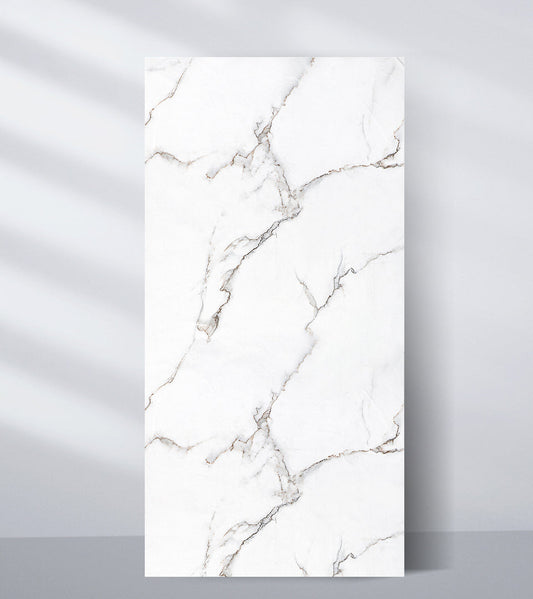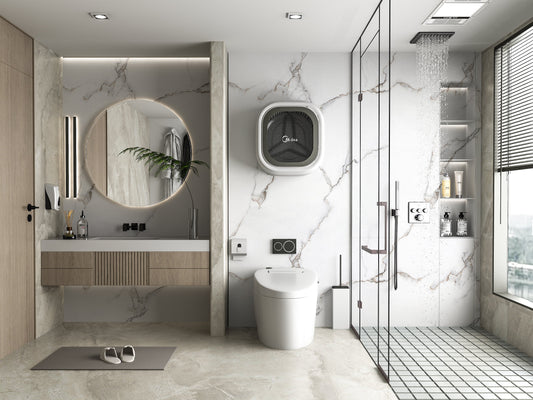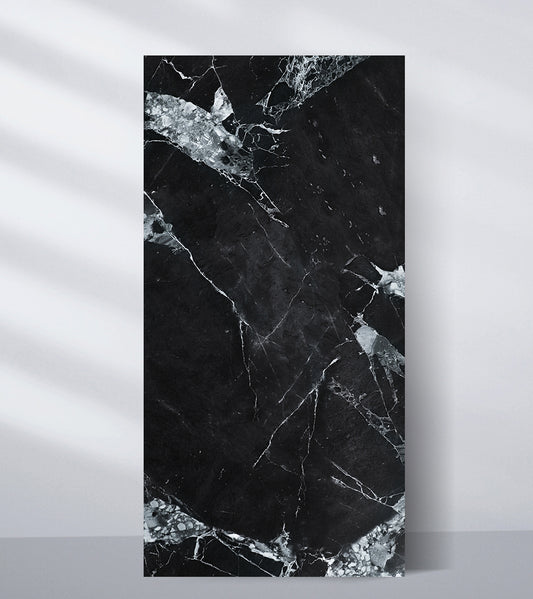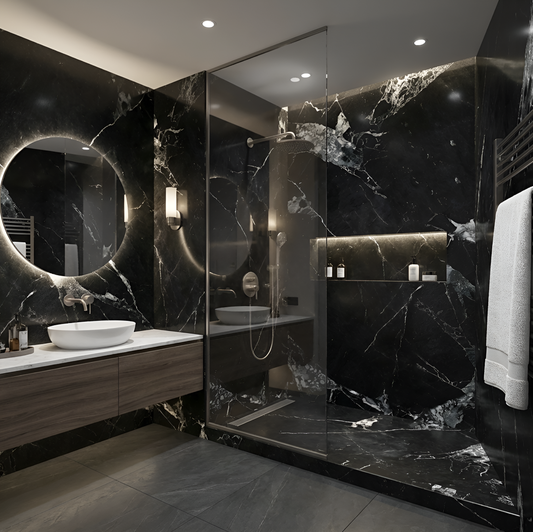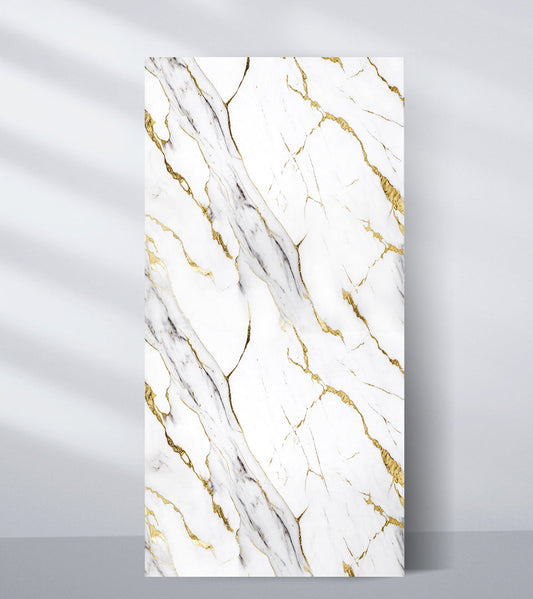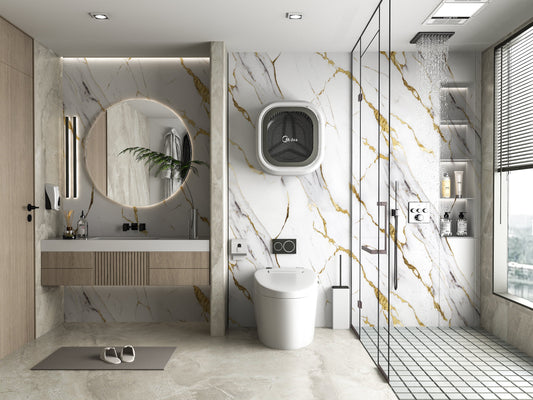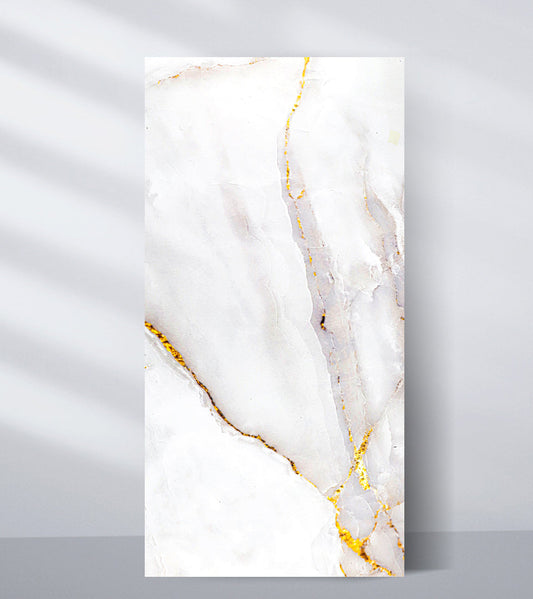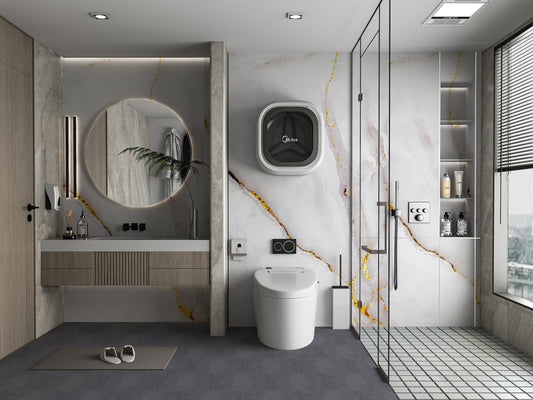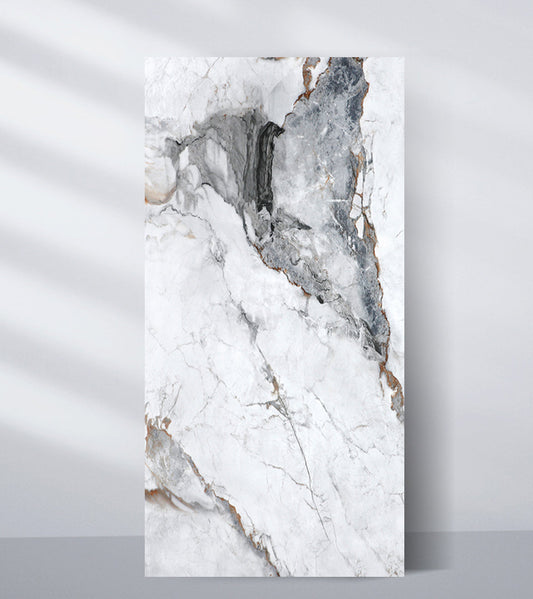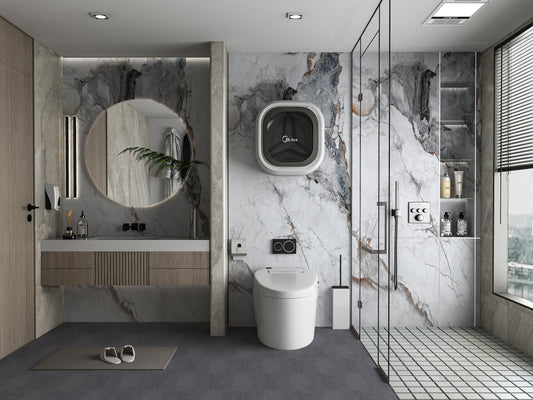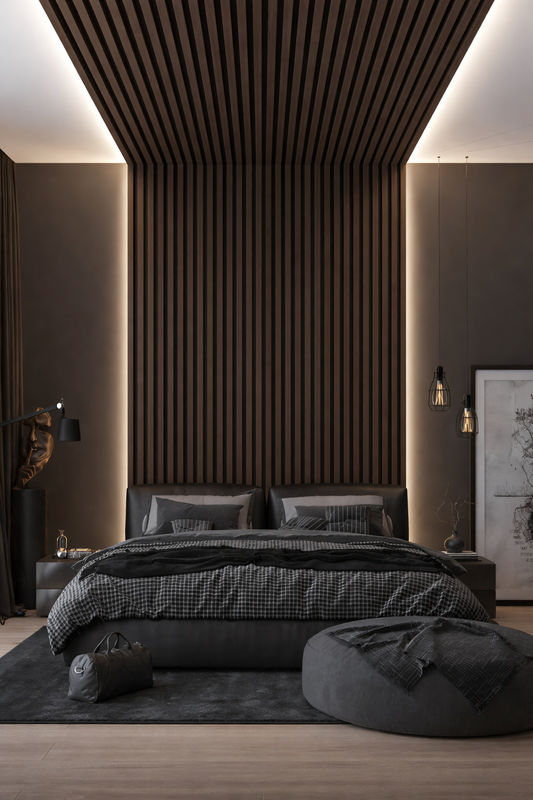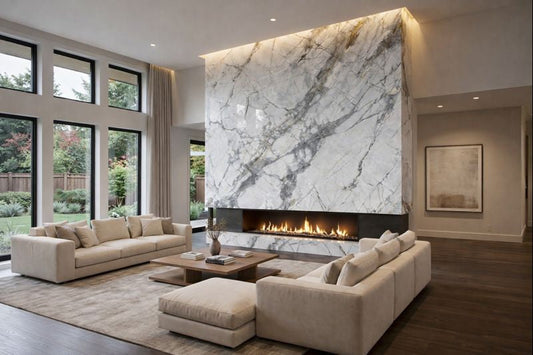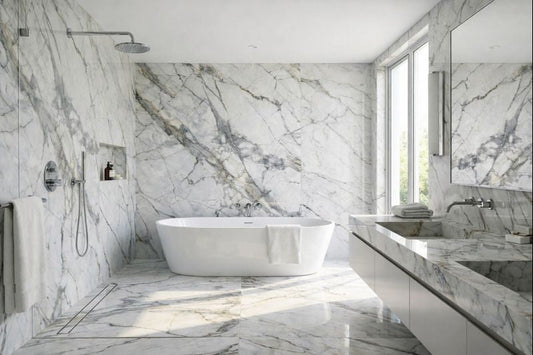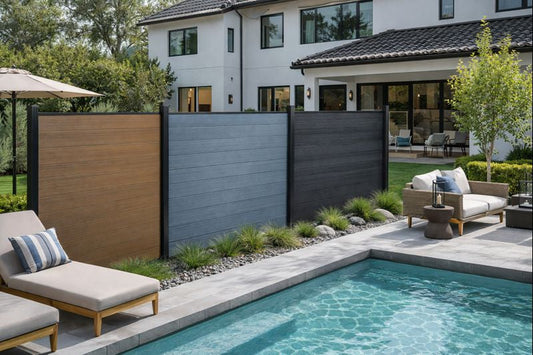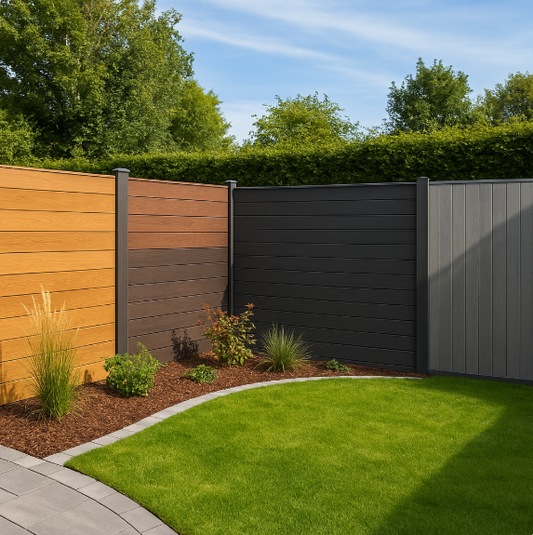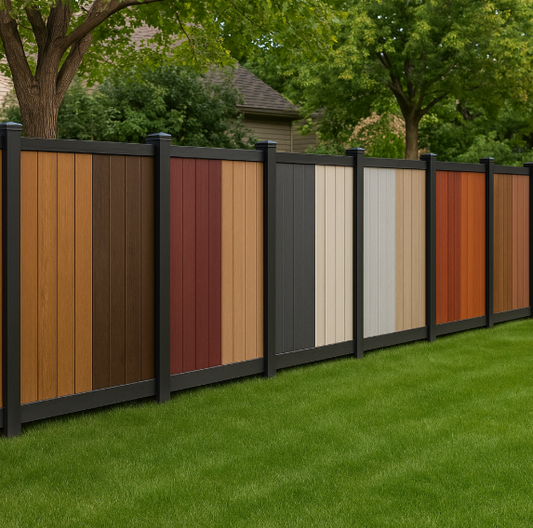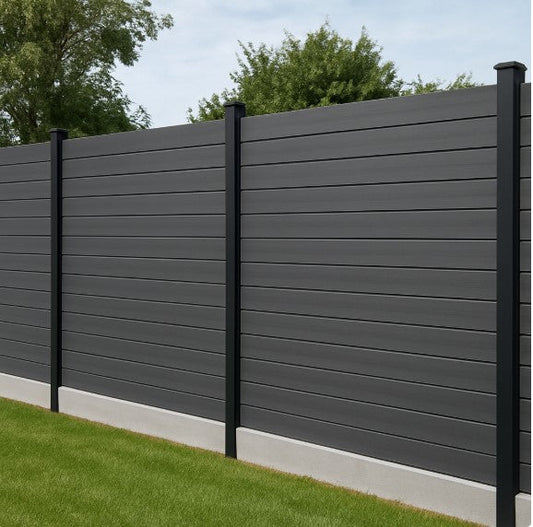Homeowners and property developers face a decision between composite fence gates and metal ones because these materials provide durable stylish solutions with minimal upkeep needs. The two materials remain popular in 2025 because they deliver distinct benefits to users. The selection between composite and metal gates depends on your assessment of their enduring worth. Composite fence gates provide superior value to homeowners because they offer better durability and cost-effectiveness and require less maintenance and provide enhanced visual appeal.
Accel Inc provides contemporary composite fencing solutions which fulfill the requirements of present-day property owners. The following analysis evaluates composite and metal gates based on their performance in various categories to assist you in selecting the most beneficial option for your residential or commercial space.
Understanding Composite Fence Gates
The production of composite fence gates involves uniting recycled wood fibers with plastic polymers. The combination of materials produces a substance which duplicates wood appearance while delivering superior strength and weather resistance and durability. The development of composite materials during 2025 brought improved wood-like appearances together with expanded finish options and better performance under different temperature conditions.
The WPC (wood-plastic composite) fence gates from Accel Inc serve outdoor applications by protecting against typical material problems which affect traditional wood products including rot and warping and splintering and insect infestation. The gates present a wooden appearance through their synthetic material construction which provides enhanced durability.
What Makes Metal Gates Appealing?
The strength of metal fence gates stems from their construction using steel, aluminum or wrought iron materials. The combination of industrial and high-end design elements makes metal gates popular for security purposes because they provide extended protection. The physical strength of metal gates allows them to withstand major impacts while designers can create both elaborate and basic designs for their projects.
The implementation of metal gates brings along several negative aspects. Metal materials will develop rust and corrosion when they receive no protective treatment. The surface of metal gates requires scheduled maintenance through painting and sealing to stop deterioration when exposed to coastal or humid conditions.
Durability: Which Lasts Longer?
The durability of a product determines its long-term worth value. Composite gates demonstrate outstanding resistance to water exposure and UV radiation and temperature changes. The material structure of composite gates stays intact through every season because they resist warping and cracking and corrosion. The material provides both reliability and safety for areas that experience high moisture levels and harsh weather conditions.
Metal gates maintain their strength for many years but they need regular maintenance to stop rust from forming. The protective coating on metal gates will break down over time which leads to oxidation damage. The spread of rust through untreated exposed areas or scratches will damage the gate structure.
Composite fence gates offer better hassle-free maintenance because they require less upkeep to maintain their performance and appearance. The material structure of composite gates stays functional and looks great without needing much maintenance because it resists environmental damage.
Maintenance Requirements
The main benefit of composite gates stems from their requirement for minimal upkeep. A basic water rinse serves to maintain their cleanliness. The gates do not need any form of painting or staining or sealing for their maintenance. The composite gates from Accel Inc maintain their original color and texture and shape throughout multiple years of usage.
Metal gates need regular maintenance to stay in good condition. The protective finish on metal gates needs periodic checks for paint damage and powder-coating breakdowns which require immediate touch-ups to stop rust development. The hinges of metal gates require periodic lubrication while locks and latches need periodic replacement because of weather conditions.
The total expenses for maintaining metal gates during five to ten years will accumulate through labor costs and maintenance fees. The installation of composite gates provides homeowners with complete freedom to enjoy their property without worrying about future maintenance needs.
Aesthetic Appeal and Design Flexibility
The design flexibility of composite and metal gates differs because they present different aesthetic options. The natural wood appearance of composite gates exists without the typical wood maintenance requirements. The selection of walnut and charcoal and mocha and cedar tones enables these gates to match both contemporary and traditional outdoor settings. The design options for composite gates include different textures and slat arrangements and decorative elements which enhance their versatility.
Metal gates present themselves through modern and industrial and classical design elements. The design of metal gates presents a strong architectural look through their black powder-coated frames and their decorative wrought-iron scrollwork designs. The process of creating special metal gate designs through fabrication requires both high expenses and extended production delays.
The natural appearance of composite gates with their modern design makes them the best choice for homeowners who want to match their composite fencing. The uniform appearance of composite gates becomes more noticeable when they share the same WPC system as the surrounding fence.
Safety and Security Features
The security perimeter of both composite and metal gates provides effective protection. Metal gates serve as the primary security choice for commercial compounds and industrial properties because they offer maximum physical strength. The safety risks associated with metal gates stem from their sharp edges and their ability to retain heat and their tendency to rust through their hardware.
The security needs of residential and light-commercial properties can be met through the use of composite gates. The security features of Accel Inc's composite gates include steel or aluminum frames and they support advanced locking systems and smart locking technology and automated door operators. The gates feature splinter-resistant material which creates a safe environment for children and their pets.
A secure composite fencing system combined with quality hardware enables composite gates to provide safety features while eliminating the risks associated with hot metal edges and temperature retention.
Cost Comparison: Upfront and Long-Term Value
The price range for metal gates extends from affordable aluminum options to expensive wrought iron and custom steel designs. The installation process becomes more expensive because of the weight and fabrication needs for these gates.
The mid-to-premium price range of composite gates depends on their design but their extended lifespan makes them more valuable. The investment in composite gates provides better long-term value because they need no maintenance and require few repairs while keeping their appearance fresh for many years. The initial cost of composite gates exceeds basic metal gates but you will save money on maintenance and repair work throughout their lifespan.
Homeowners in 2025 seek materials that provide extended financial benefits because prices keep increasing. Homeowners now view composite gates as their best financial decision because these gates offer stability and durability and need no upkeep.
Environmental Considerations
Homeowners who care about the environment need to evaluate how their gate material affects the planet. The production of composite gates from recycled wood and plastic materials helps decrease landfill waste while transforming waste materials into useful products. The composite products at Accel Inc follow environmentally friendly sourcing practices and meet all requirements for green building standards.
The production of metal gates needs significant amounts of energy for manufacturing while their coatings contain substances that harm the environment. The complete replacement of metal gates becomes necessary when they develop rust or damage which leads to increased waste accumulation.
The selection of composite gates enables homeowners to achieve sustainable building practices through environmentally responsible product choices that provide superior performance.
Which Is Better for Residential Properties?
The combination of low maintenance requirements and attractive design and dependable durability makes composite fence gates the superior choice for residential homeowners during 2025. The product serves as an excellent choice for backyard and driveway and garden entrance and pool area fencing because it provides metal-like functionality without requiring extensive maintenance. The smooth edges and safe temperature characteristics of composite materials make them the preferred choice for families who have children or pets.
The security needs of residential areas do not match the heavy-duty requirements of metal gates. The safety features and stylish design of Accel Inc composite gates with matching posts and hardware provide everything you need without requiring any ongoing maintenance.
Conclusion: Composite Takes the Lead in 2025
The evaluation of composite fence gates against metal fence gates during 2025 shows that composite gates provide superior value through their exceptional performance and attractive design and affordable price. The gates need minimal upkeep because they withstand extreme weather conditions and maintain their attractive appearance throughout multiple years without requiring additional care. The gates present themselves in multiple design options which match different home designs while their durable construction and environmentally friendly materials ensure they will remain a valuable investment for years to come.
The team at Accel Inc provides you with expert guidance to select the perfect gate system that fulfills your specific requirements. Our composite gates form part of a complete fencing system which includes boards and trims and posts and accessories that function as a single unified system.
The installation of a new fence or gate replacement should focus on composite materials because they provide extended benefits. Our team of experts awaits your call to present our complete selection of composite fence gates which provide maximum strength and beauty and exceptional value to your property.

